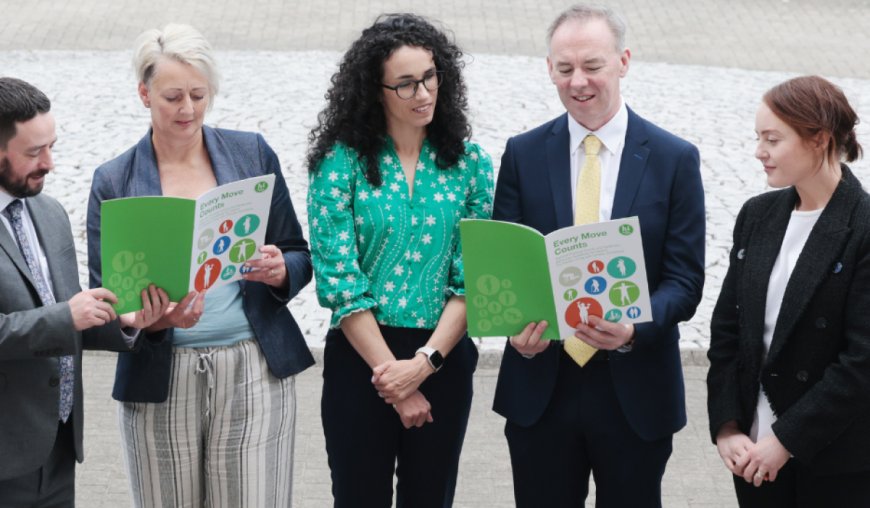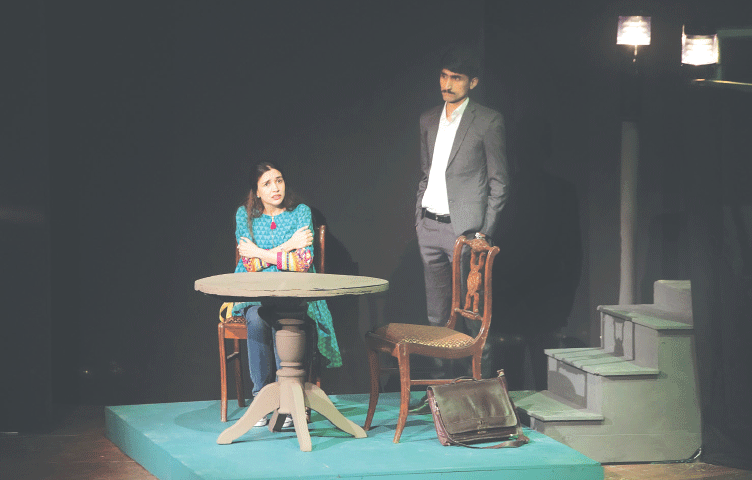Kilkenny Researcher Contributes to New National Health Guidelines
A researcher from Kilkenny, part of a team at South East Technological University, has helped develop Ireland's first tailored National Physical Activity and Sedentary Behaviour Guidelines. These guidelines, aligned with the World Health Organisation's standards, aim to promote inclusive health practices for people with chronic conditions and pregnant/postpartum women.

A Kilkenny researcher is part of a team from South East Technological University (SETU) leading the development of two new sets of National Physical Activity and Sedentary Behaviour Guidelines - a significant step forward in inclusive health promotion.
Dr Evan Matthews - along with Dr Aisling McGrath, Dr Bróna Kehoe and led by Professor Michael Harrison - developed the guidelines over six months using an iterative, mixed-methods approach. Commissioned by the HSE and the Department of Health, they produced Ireland’s first tailored guidelines for people living with chronic conditions, and pregnant and postpartum women.
The guidelines, which bring Ireland in line with the World Health Organisation’s 2019 global update, were officially launched in Dublin at the end of June. Attendees at the launch included Dr Sarah M O’Brien, National Clinical Advisor and Group Lead for Chronic Disease; Dr Cliona Murphy, National Clinical Director for the Women and Infants Health Programme; and Matthew Doyle, Principal Officer for Health and Wellbeing, Department of Health.
The process began with a comprehensive review of the latest research and emerging evidence since the WHO 2019 guidelines. Two expert working groups, comprising academics from SETU, Dublin City University (DCU), Technological University of the Shannon(TUS), Maynooth University and international partners at Santarem Polytechnic University (Portugal) and Gdansk University of Physical Education and Sport (Poland), worked together to translate evidence into clear, practical recommendations.
Draft guidelines were shared widely for consultation with people living with chronic conditions, pregnant and postpartum women, and professionals in health, social care, sport and physical activity. More than 1,300 responses were received, offering valuable insights to shape the final content.
Each set of guidelines was also discussed at dedicated national stakeholder meetings before being finalised.
\"These guidelines will serve as a useful resource for people with chronic conditions, pregnant and postpartum women and the healthcare and exercise professionals who work with them,\" said Professor Harrison. \"They will add to the national momentum in relation to the importance of physical activity for these groups but taking account of some specialist activity considerations.\"
The guidelines highlight the significant health benefits of regular physical activity for these groups:
- For people living with chronic conditions, being active is generally safe and can help slow disease progression, prevent complications, relieve symptoms, reduce depression and anxiety, and improve overall quality of life.
- During pregnancy, physical activity can lower the risk of complications such as pre-eclampsia, gestational diabetes and excessive weight gain. It can also benefit the baby’s growth and development. After childbirth, staying active supports recovery, improves sleep, boosts energy and promotes mental wellbeing.
- Reducing sedentary behaviour is a shared priority across both guidelines, with recommendations to limit long periods of sitting or lying down to help prevent cardiovascular disease and type 2 diabetes.
The new national guidelines are evidence-informed and consensus-based, offering clear messages for the public, health professionals and policymakers. They aim to break down barriers to physical activity, dispel common myths and provide practical guidance that can be applied in everyday life.
SETU’s work fills a critical gap in Ireland’s national health guidance and supports a more equitable approach to health promotion. By empowering people to safely engage in physical activity, the guidelines contribute to improved health and wellbeing for individuals and communities.
The guidelines are available to download online via the following link: National Physical Activity and Sedentary Behaviour Guidelines for Ireland.
What's Your Reaction?
 Like
0
Like
0
 Dislike
0
Dislike
0
 Love
0
Love
0
 Funny
0
Funny
0
 Angry
0
Angry
0
 Sad
0
Sad
0
 Wow
0
Wow
0

















































































































































































